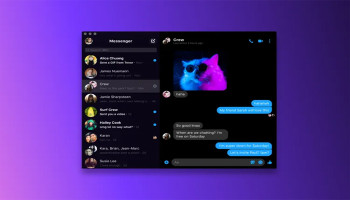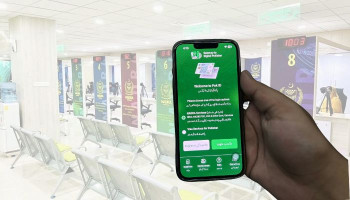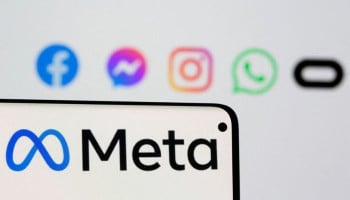
India's top telecom companies have formally requested the Telecom Regulatory Authority of India (TRAI) to supervise messaging apps like WhatsApp, Telegram, and Google's RCS.
However, Telecom companies argue that these messaging apps should follow the same rules as them. They believe these apps offer similar services, so they should have the same permissions and licenses.
What's happening?
According to the operators, these services have been an excellent substitute for traditional text and voice communications. It has reduced their usage. They said that Over-the-Top media service (OTT) services lack regulations and global reach through the Internet.
Airtel, while responding to the TRAI consultation process, indicated that there has been a growth in OTT services and applications. A telecommunication giant pointed out that OTT players have gone ahead to take over roles traditionally filled by text and voice services.
Read more: Instagram testing its own Snap Map-like feature
However, OTT services argue that they are already subjected to the provisions of the Information Technology Act and thus there is no need for extending such services under further regulation that will impact innovation and limit consumer choice.
TRAI's idea of redesigning the present framework of telecom licensing that advocated for a single national license was also supported by the Technology Service Providers (TSPs).
They believed that this will simplify operations, cut costs and reduce litigation. This new regime not affect the present structure of telecom, cautioning against letting any ISP offer leased lines or Virtual Private Network (VPN) services.
The regulation of messaging apps has been a controversial issue globally, as many countries are wrestling with the impact OTT services have on traditional telecom operators. The debate in India is gaining momentum as the telecom companies demand a level playing field.
















